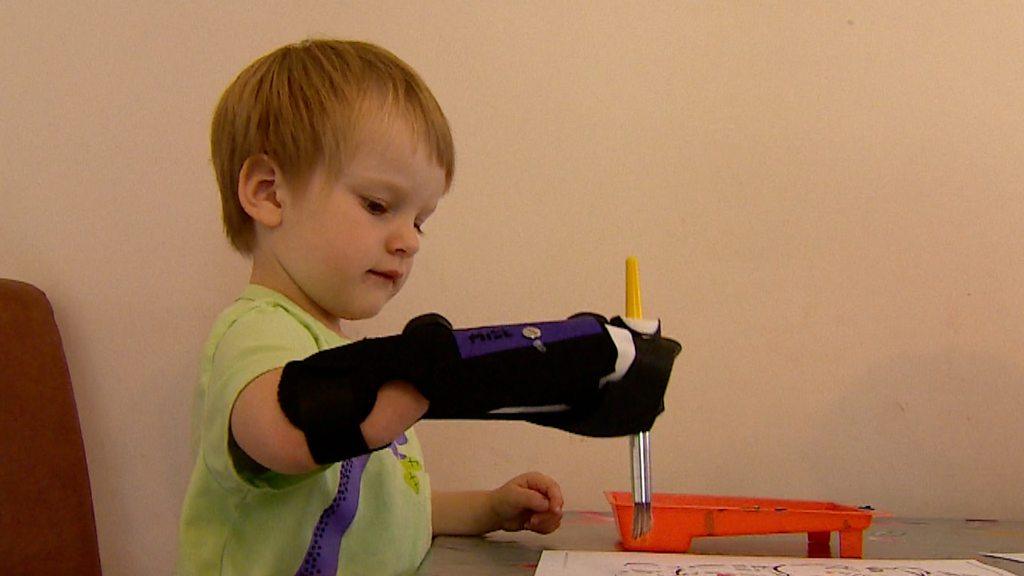Sport prosthetics fund will make 'huge difference'
- Published
"Children don't walk, they run everywhere"
A fund to provide sports prosthetics for children will make a "huge difference", a mother whose daughter had a double leg amputation has said.
Rebecca Roberts petitioned the Welsh Government to set up the scheme to help her daughter Elizabeth, five.
The £417,000 fund opens in April - a similar one began in England in 2016.
Ms Roberts, from Prestatyn, Denbighshire, said it would give Elizabeth "more freedom, and of course she'll be able to have more fun".
Elizabeth calls her prosthetic legs her "unicorn legs"
"They can make me walk faster when I'm late at school, to make me on time," she said.
"I like stomping everywhere with them, I go stomp! Stomp!"
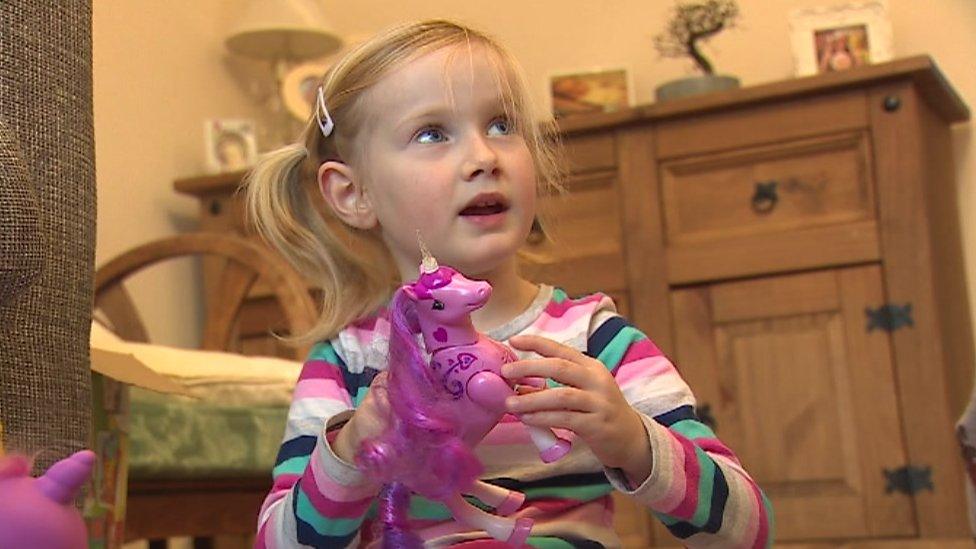
Elizabeth was just one when both her legs were amputated due to a birth defect
Elizabeth was born with fibular hemimelia, external - a birth defect where some or all of the fibular bone is missing - and had her legs amputated when she was aged one.
Prosthetics available on the NHS are designed for daily use, but not specifically for running and sports.
Ms Roberts petitioned for children in Wales to have access to the same free specialist prosthetics as their peers in England.
She hopes her daughter will get sports blades next year.
"I think it will make a huge difference to her, because so far I have seen her moving quicker but she can't keep up with her friends," she said.
"Thomas [her brother], who is two, can run quicker than her and that frustrates her.
"It will make a difference psychologically, it will give her more freedom, and of course she'll be able to have more fun - and that's what every child wants."
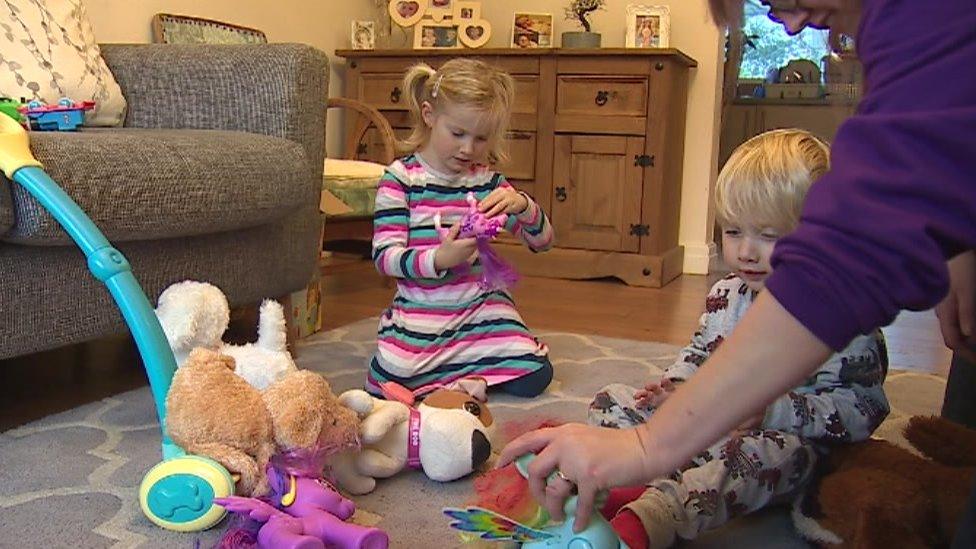
Elizabeth finds it frustrating her two-year-old brother is moving faster than she is
Three centres - in Swansea, Cardiff and Wrexham - provide prosthetics to NHS patients.
The Artificial Limb and Appliance Centre at Wrexham Maelor Hospital has 59 child patients with single or multiple limb absence.
Katie Davis, prosthetics team leader at the centre, said school sports days could be difficult.
"They're struggling, they're finding it hard to keep up with their friends and they're feeling a little despondent.
"So to turn to a [sports prosthetic] that's got the action of a proper running device, when it comes to the lower limb, it gives them more energy feedback and allows them to get the propulsion to run ahead of themselves."
The new funding also allows the centre to employ an additional prosthetist and technician.
"It just means that we can keep the pace of things going, and actually deliver things in a good, timely manner," said Ms Davis.
- Published4 October 2018
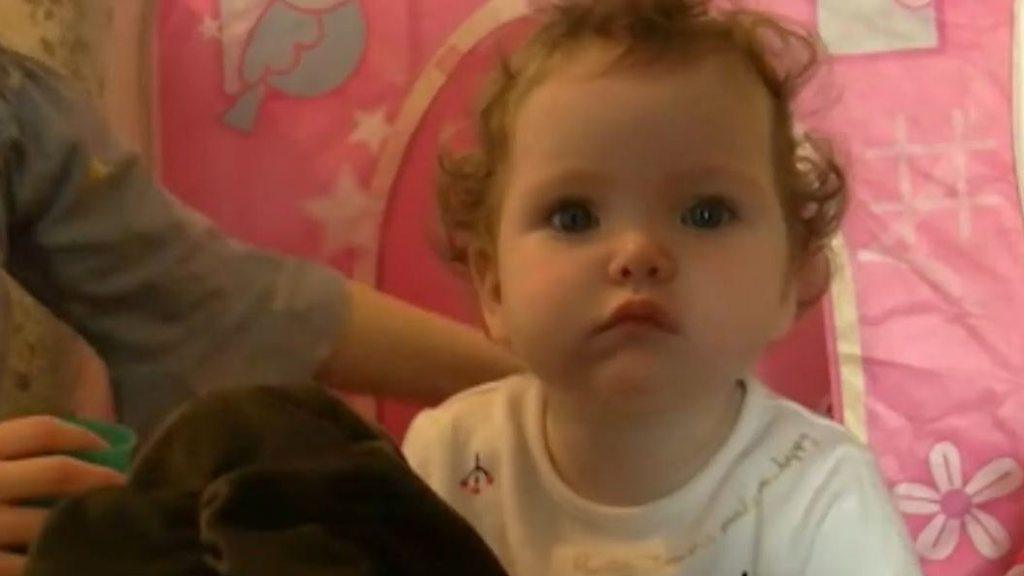
- Published28 June 2019
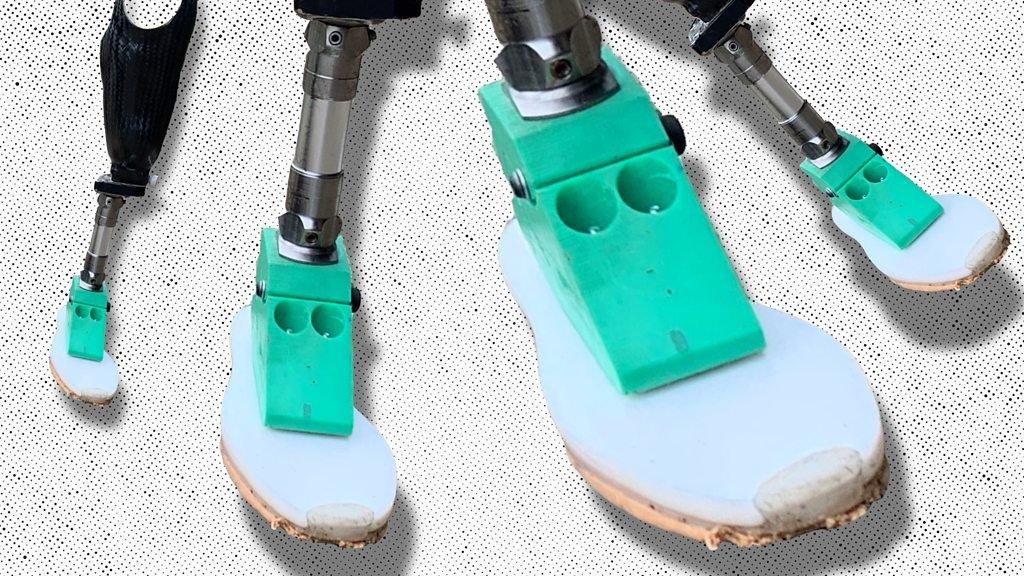
- Published21 November 2018
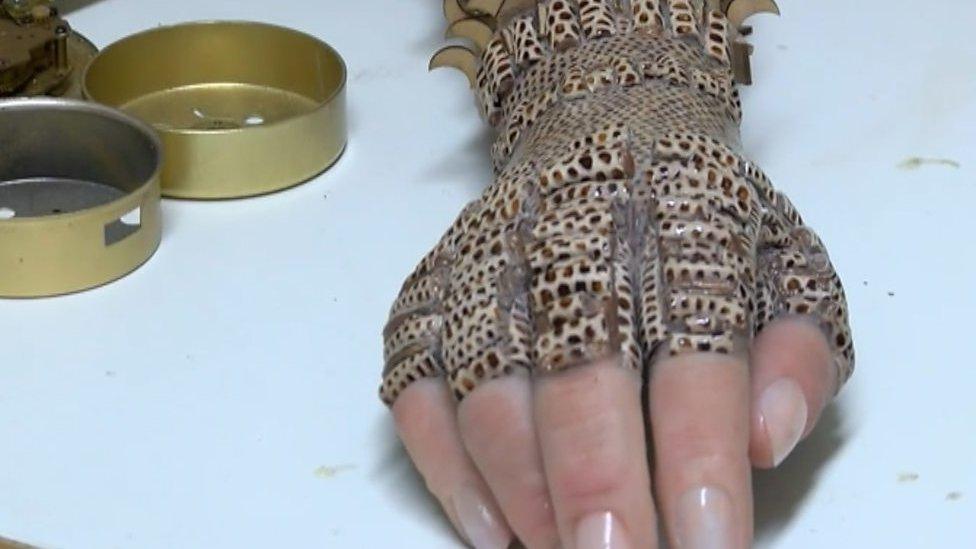
- Published19 October 2019
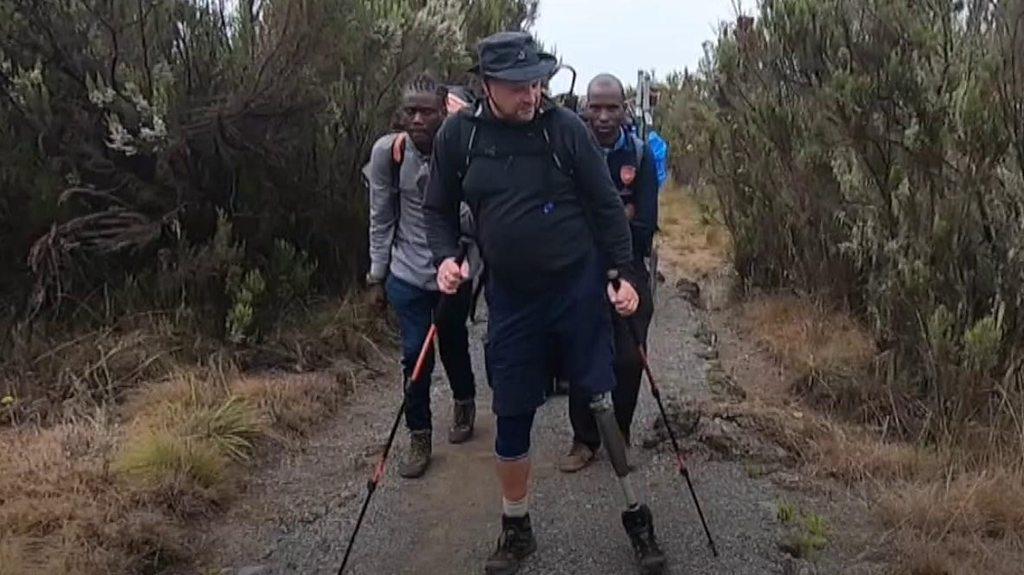
- Published31 August 2019
